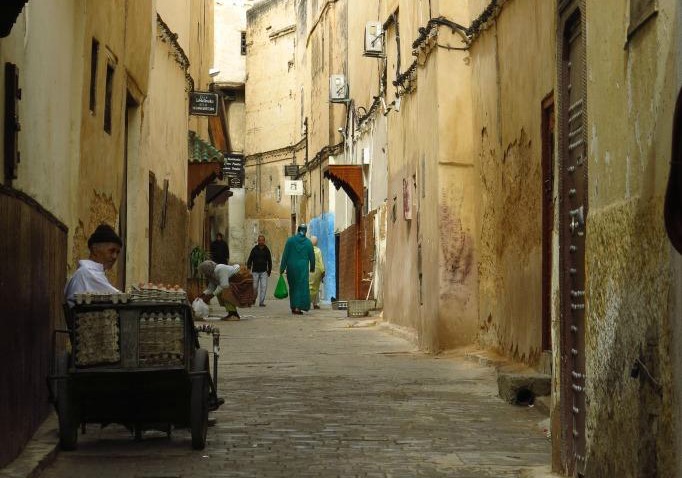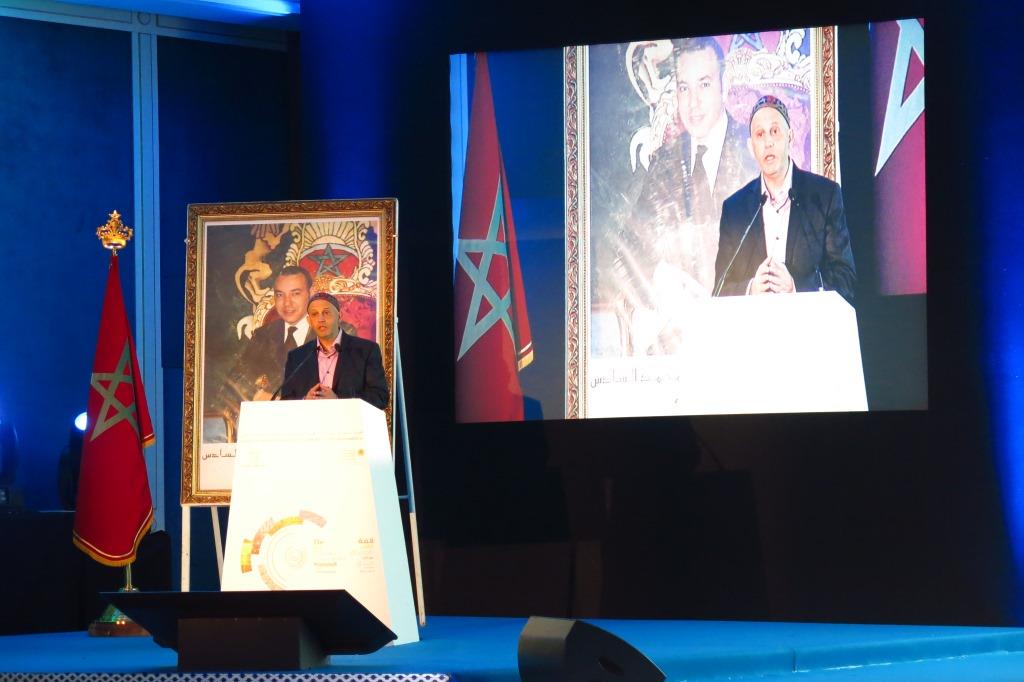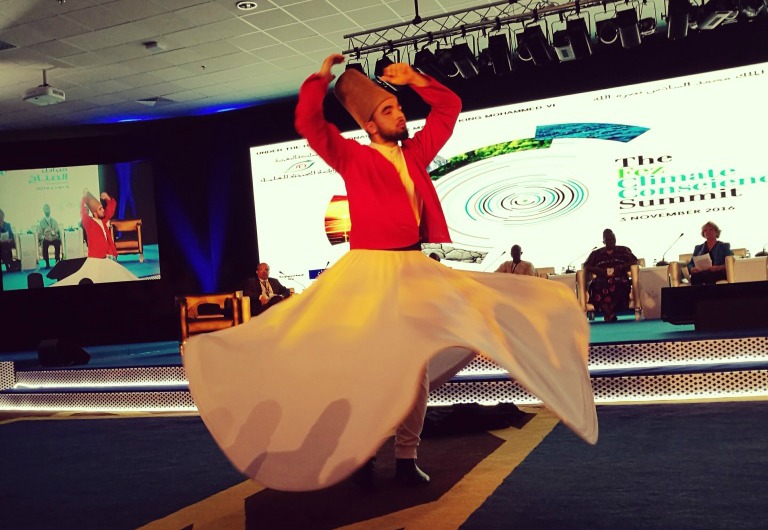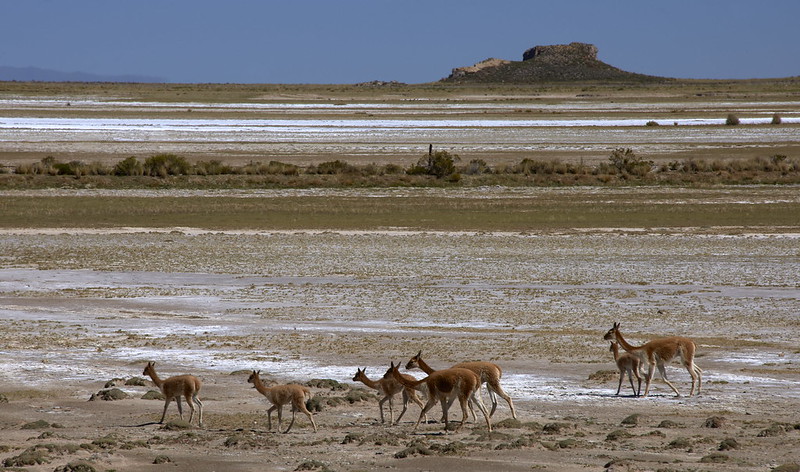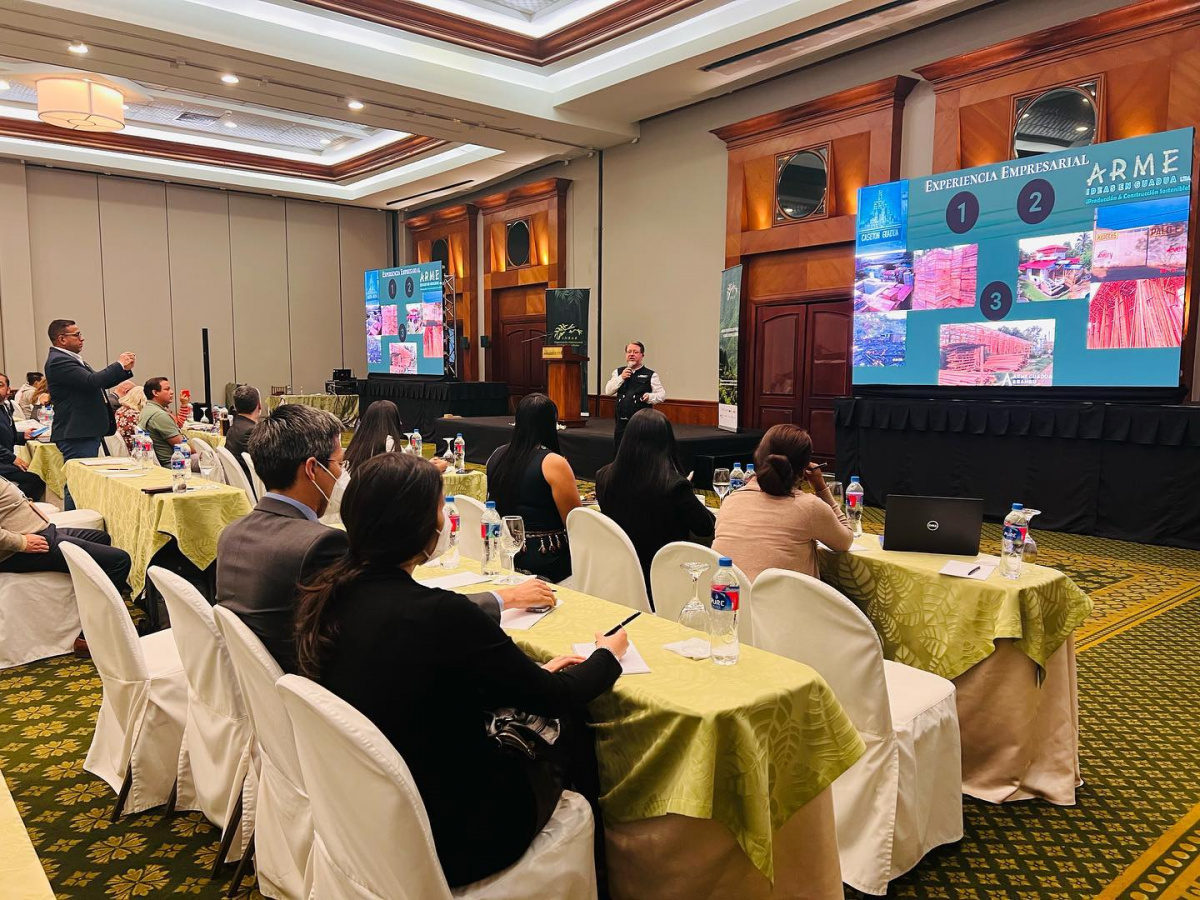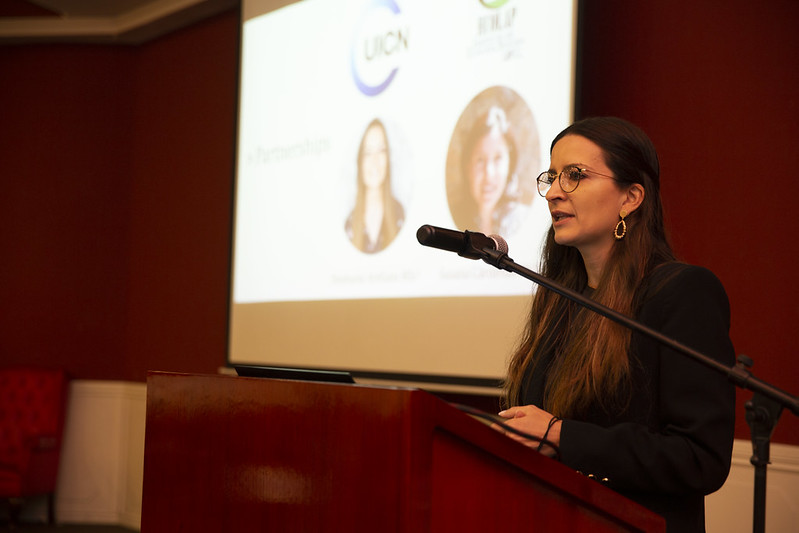Religious leaders and civil society join forces for the climate
How can religion and civil society help trigger behaviour change in relation to greenhouse gas emissions? Nigel Crawhall, Chair of the IUCN CEESP Specialist Group on Religion, Spirituality, Environmental Conservation and Climate Justice (Respecc), reflects on the recent Fez Climate Conscience Summit that preceded the COP22 climate summit in Marrakech, Morocco.
His Majesty, King Mohamed VI of Morocco provided the High Patronage for the Fez Climate Conscience Summit, held in the Sufi holy city of Fez just before the COP22 opened in Marrakech. The Summit brought together religious, social and political leaders and produced the Call of Fez, an important effort to generate a sustained legacy of civil society mobilisation, religious and ethical engagement with the main issues of climate change being discussed at COP22 in Morocco.
The Call of Fez identifies three specific actions to trigger human awareness and behaviour change in relation to the climate. The actions include the establishment of a university-level research and documentation centre in Morocco to study how human cultures and ethical systems are responding to climate change. Is there an emerging conscience about the urgent need for changing our economy, behaviour and attitudes to nature and life on Earth?
Secondly, the Climate Conscience Summit called on the world to promote the ‘greening’ of houses of worship, considering energy, materials and waste management as part of religious and spiritual duty. A third recommendation was to create a permanent platform before each UNFCCC COP to unite religious and spiritual leaders, indigenous peoples, youth, women, philosophers and social movements to share their understanding and efforts to transform human consciousness and behaviour. Overall, the results are aimed at reducing greenhouse gas emissions, improving environmental conservation and monitoring how the public is understanding and responding to climate change.
The city of Fez is considered the religious capital of Morocco and the site of Morocco’s declaration of independence. Leaders assembled at the event explored the threats and obligations of climate change, including indigenous and religious reflections on humanity’s relationship with nature and the sacred responsibilities to care for the Earth. Rather than speaking of conserving natural resources, leaders spoke about the intimate and spiritual relationships with water, mountains, the sky, rivers and the Earth itself. Muslim, Christian, Jewish, Hindu, Buddhist, spiritualist and indigenous leaders shared their values, visions, projects and analyses for solidarity and change.
The event followed the initial 21 July 2015 Summit of Consciences in Paris ahead of COP21 hosted by Nicolas Hulot, special envoy of the French Republic for COP21. The French Summit of Consciences took place after the release of the monumental Papal Encyclical, Laudato Si, an historic religious treatise on what has gone wrong and what must be corrected in human civilisation to sustain life on Earth. As with the French summit and the Papal Encyclical, the Fez Summit emphasised that current economic models are unsustainable and that all actors, state and civil have a duty to future generations and other species to change our trajectory urgently. The Fez Summit was preceded by an important dialogue hosted by Rabbi Sergio Bergman, Minister of the Environment of Argentina in cooperation with UNESCO. IUCN also hosted Rabbi Bergman for its High level Dialogue on Spirituality and Conservation at the 2016 World Conservation Congress in Hawai'i.
The event was hosted by the Moroccan Council for Economic, Social and Environmental Policy (CESE Maroc) under the guidance of its President, Nizar Baraka, former Minister of Finance.
See the IUCN CEESP Specialist Group on Religion, Spirituality, Environmental Conservation and Climate Justice (Respecc) website for more information.
